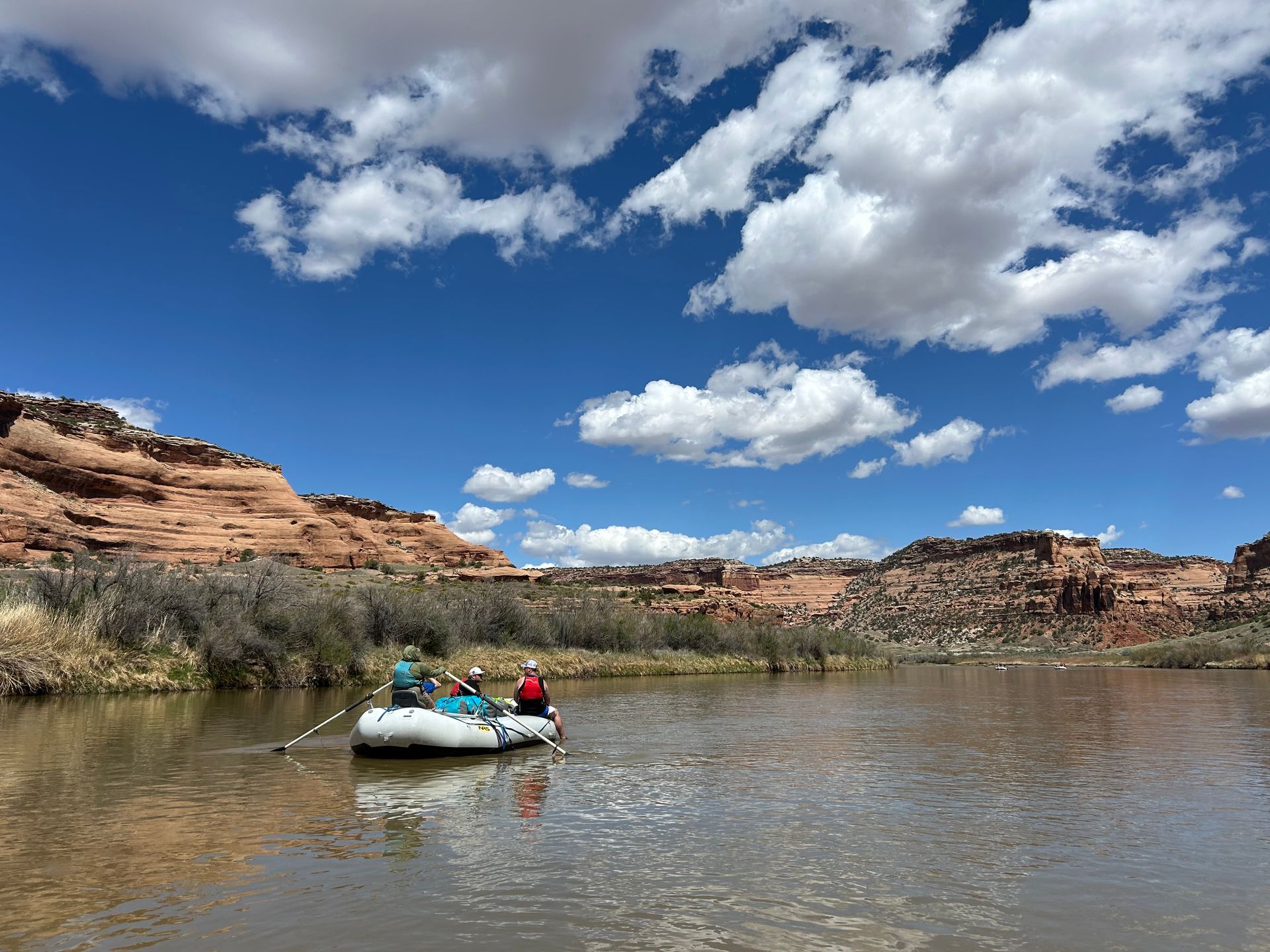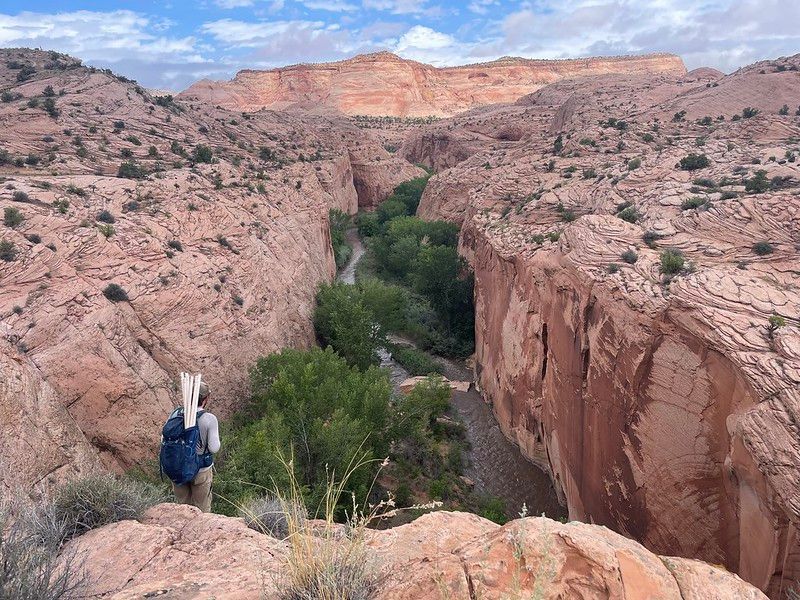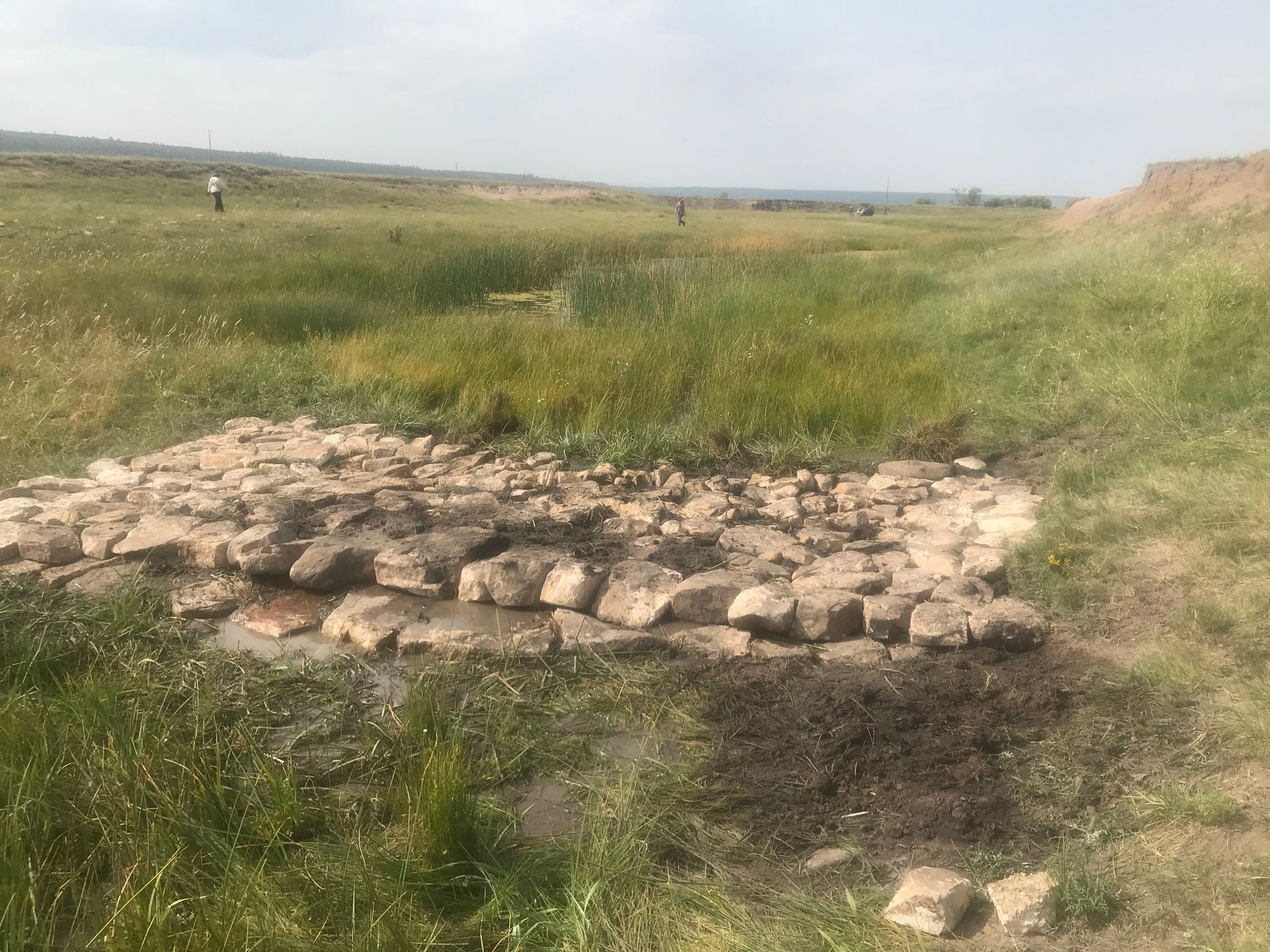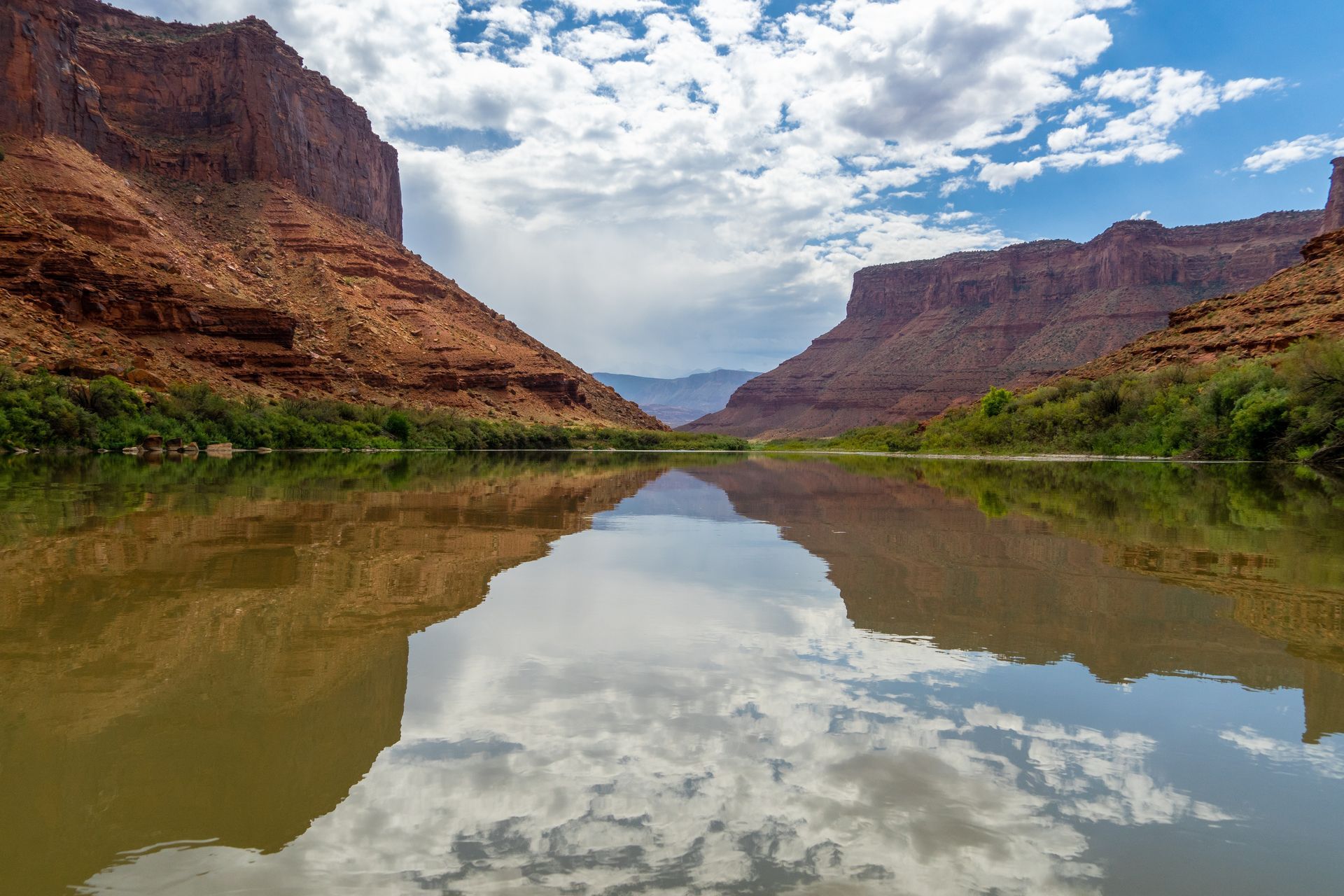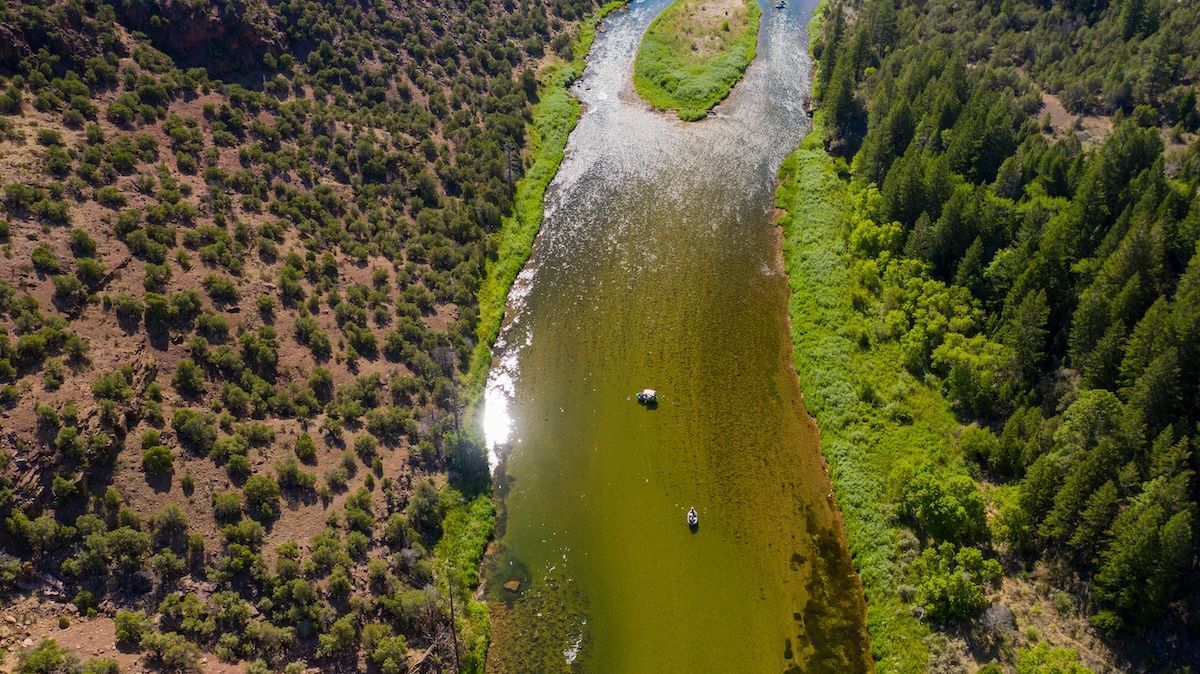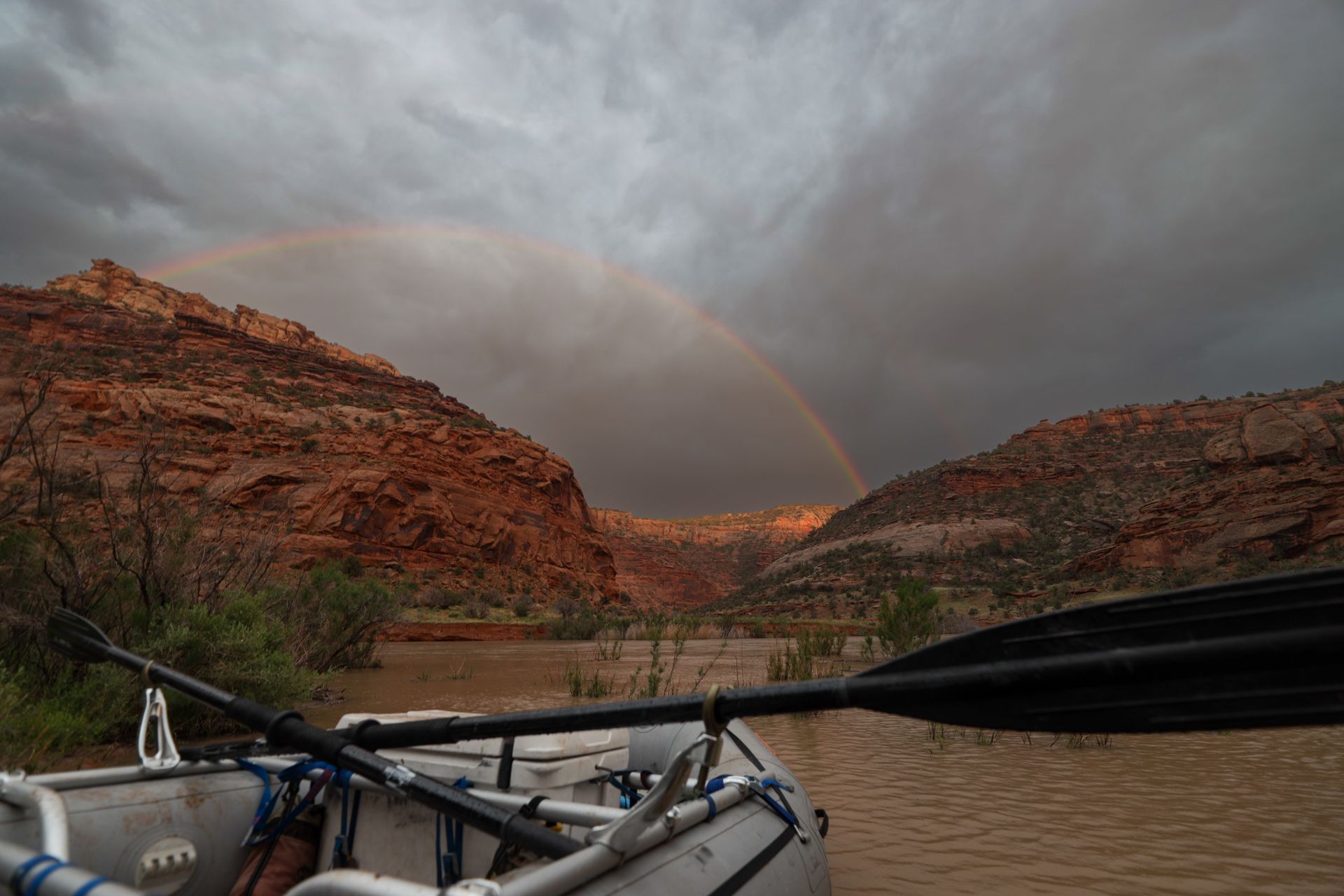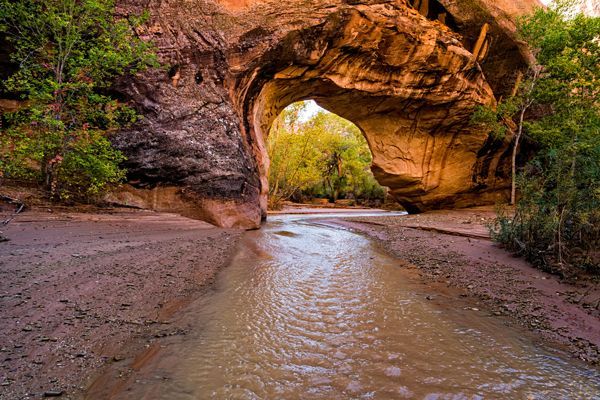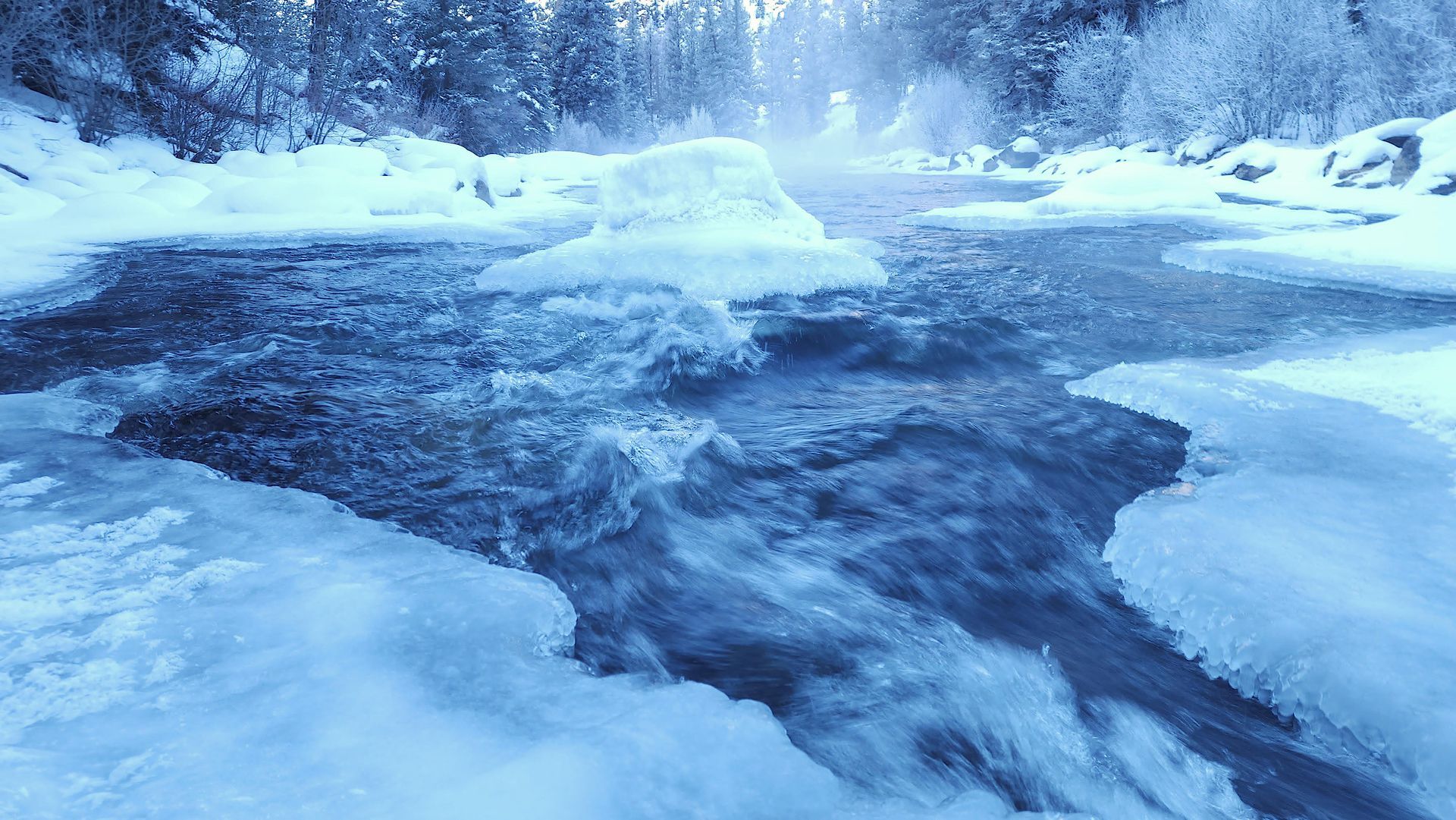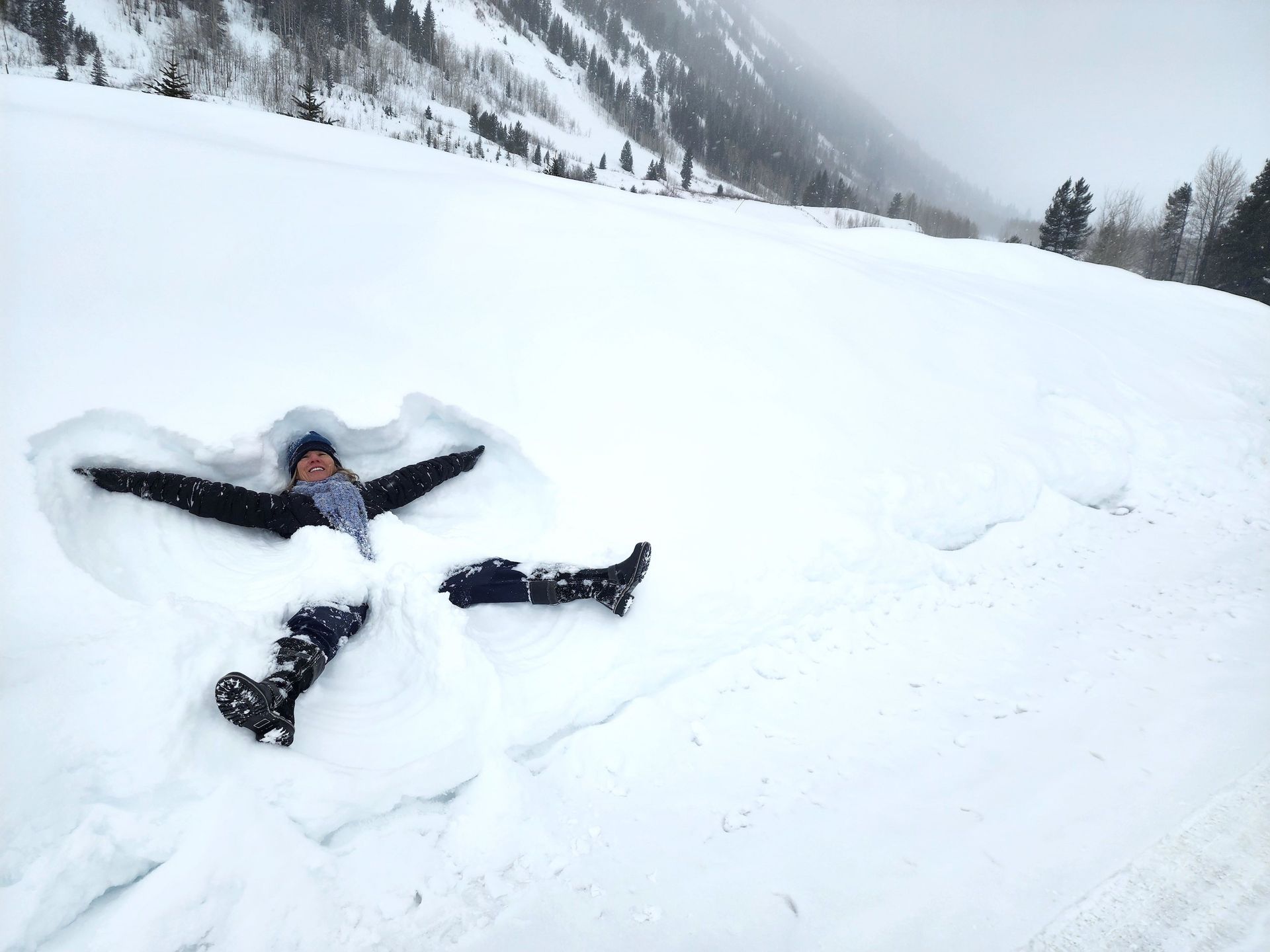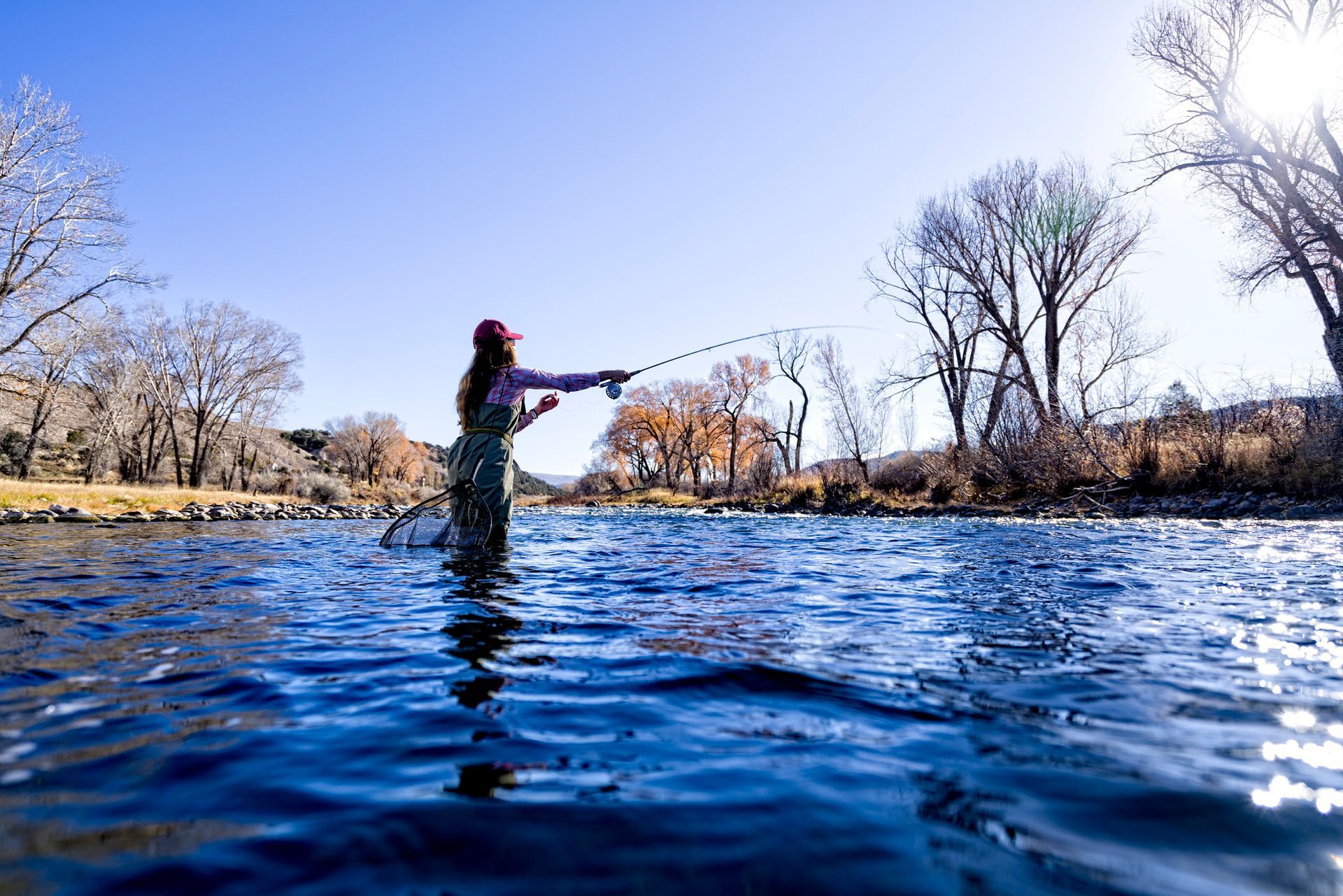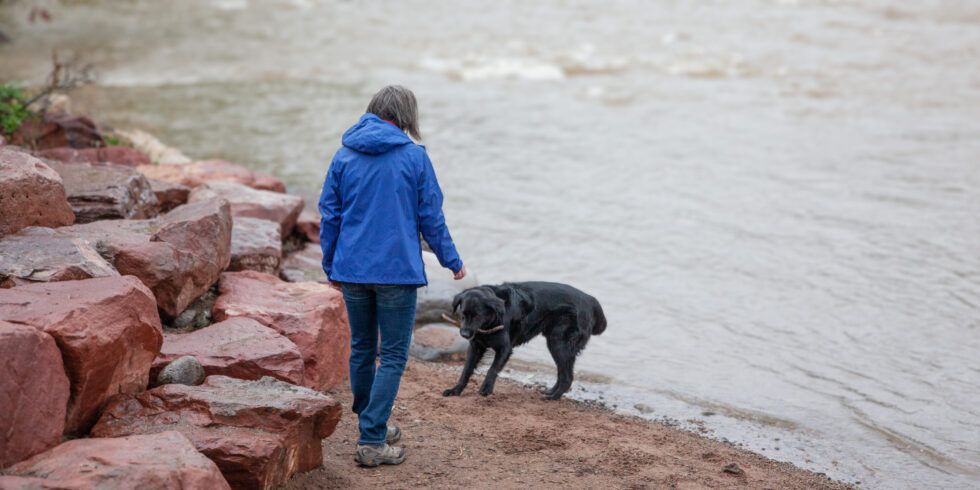This is What River Conservation Looks Like
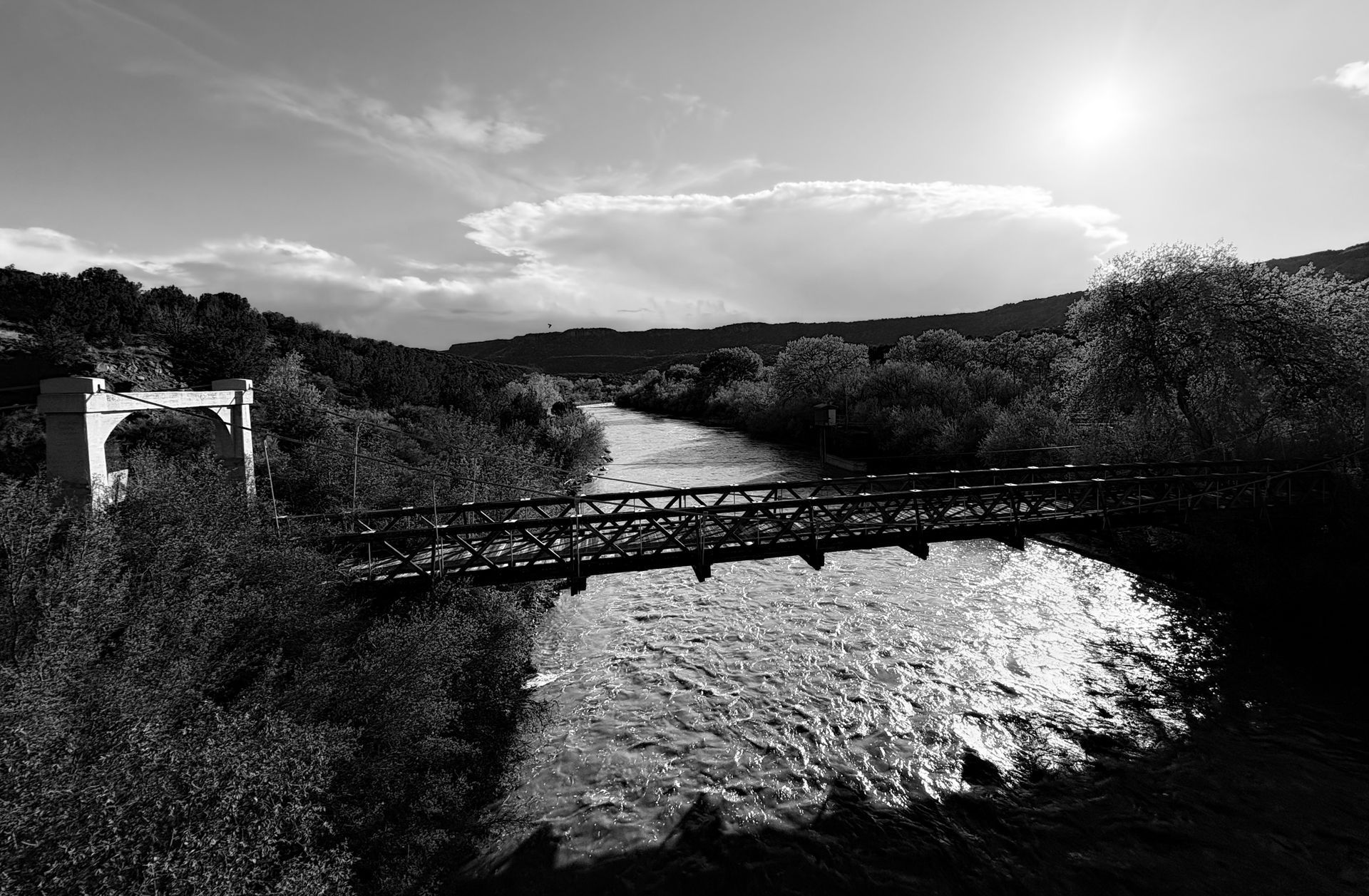
When I think about river conservation, I picture swollen, muddy creeks during spring runoff, irrigation ditches feeding lush farmlands in tranquil Western landscapes, and swallows dancing above a glassy river at sunset. And I picture people. People like you hauling buckets of water to a freshly planted cottonwood. People like your neighbors removing invasive trees by hand in a desert canyon. People kneeling beside a stream, testing the water with watchful curiosity.
Conservation and restoration may start with a shovel and a seedling, or just an idea, but at its core it’s about connection—between people and rivers, communities and ecosystems, hope and hard work.
Thanks to dedicated people like you, transformation is made possible. And the results are impressive. Take, for example, the Escalante River. A vision turned into a decades-long effort to remove invasive Russian olive trees so that native wildlife could thrive has now resulted in 85 miles of river corridor restoration. Think about that: 85 miles of healthier habitat, cleaner water and renewed life in one of Utah’s most iconic landscapes. All because someone like you cared enough to begin—and to keep going.
It’s also worth pausing to reflect on something important: Conservation and restoration are not the same—but they work hand in hand. Conservation is about protecting what’s still intact—keeping rivers flowing so that species such as otters, moose and butterflies can thrive.
Restoration, on the other hand, is about healing damaged ecosystems—bringing rivers back to life after decades of drought or degradation. Both are essential. And together, they create lasting change.
And now, more than ever, these efforts are gaining momentum. But there’s no such thing as perpetual motion. Your support helps keep that momentum going.
In the face of sustained drought, lower flows and higher fire danger, enthusiasm for conservation and restoration is growing. But so is the need. State-run programs, tribal nations, nonprofits and local landowners are working together in ways we’ve never seen before. And yet, the future of this movement will depend on something less formal but even more powerful: the sustained effort and support of our communities.
With your help, landowners are protecting wildlife habitat while keeping agricultural land productive. In Colorado, volunteers are teaching kids about river ecology, helping the next generation grow up connected to the outdoors.
Across the Southwest, nonprofit partners are restoring rivers and building community. Friends of the Verde River are replanting rare cottonwood habitat, benefiting hundreds of species. In Colorado, RiversEdge West and the Upper Clear Creek Watershed Association are improving riparian health and tackling legacy degradation. Friends of Youth and Nature are connecting kids to the outdoors, fostering the next generation of river stewards. And in Denver, River Sisters is creating a healing, inclusive space along the South Platte River.
Together, these efforts reflect a growing movement to protect rivers, support wildlife and empower people to care for the places they love.
Forever Our Rivers is grateful for your support of these initiatives. Every one of the stories above has been touched by your commitment. From desert canyons to city waterways, from conservation to restoration, this is the future—ours to shape, together.
With gratitude,
Brian Riepe
Grant Program Lead
Forever Our Rivers
